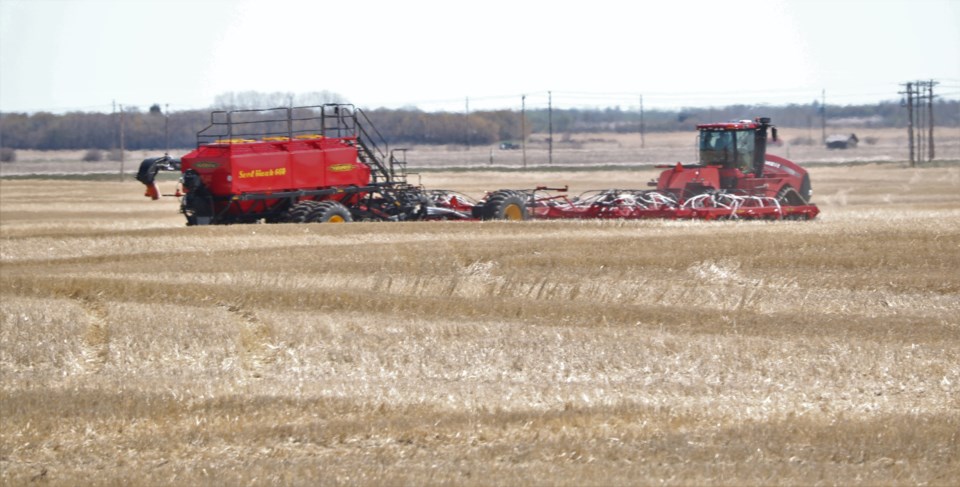There have been some unexpected impacts of the COVID-19 pandemic. One of these is the new celebrity status of our Chief Medical Health Officers. A lot of people who just a few short months ago never even knew every province had a Chief Medical Health Officer are now hanging on to every word. Does this mean science and respected authority based on knowledge education and experience is coming back in style? I hope this is the case but there are worrying signs society’s newfound trust in science may not outlast COVID-19.
First to the good news. A recent survey (by Proof Strategies) found that Canadians trust in doctors and scientists has increased by over 10% since the pandemic hit. This is true in most of the world, for example results in Europe show that public trust in science and researchers has soared during the pandemic.
This does not mean that the internet snake-oil salesmen have gone away. Even the President of the United States has mused about disinfectant injections to the lungs or ultraviolet light through the skin to destroy the virus. But outside of the most diehard conspiracy theorists trust in science seems to be on the ascendancy and faith in quackery is on the decline.
At first blush this is good news for those of us involved in, and who want to advance, agriculture and agri-food. Could we be seeing a turn to trust in nutrition advice actually based on scientific evidence rather than the latest fad? Some anecdotes indicate that this might be the case. For example, the antigluten fad, which was beginning to fade away before COVID-19, seems to have vanished. People have fallen in love with bread again, as is evidenced by the bump in flour demand across Canada.
How does society’s trust in science and research impact our food and those who supply it? For many people, the pandemic has brought home the tremendous strength and value of our food chain. Despite some disruptions and inconveniences, Canadians have not been at risk that the shelves will be empty when they visit the grocery store. What might not be as readily appreciated is that the strength and resilience of Canadian agriculture and our food supply chain is a result of science and research.
Our appreciation for the strength of our supply chain and food production should not be a momentary thing that disappears after the pandemic is resolved. This should be a moment of sober reflection over how important food security is and that can only be accomplished through supporting the science behind efficient production.
Sadly, I am not sure the return to a trust in institutions, research and scientists is a trend that is going to last longer than social distancing. Most people recognize that the decisions they are making today will have an immediate impact on their own health and the well-being of their loved ones (exceptions noted for those who crowd downtown Toronto parks). This immediacy of impact will fade when we come out of the pandemic and the latest quick cure for everything pops up on the internet.
Food commentary before the pandemic included much nostalgia for the agriculture of past generations. We want full grocery shelves, cheap food, but agriculture practices that look like they have come out of Charlotte’s Web. This rosy retrospection has been interrupted somewhat by the immediacy of the pandemic, but I fear it will be back as our focus on dealing with COVID-19 becomes a memory.
Now is the time for both governments and industry to step up and emphasize that the security and resiliency of the food supply chain, experienced by Canadians during the pandemic, is not an accident. Canadians have been food secure through the pandemic because of modern agriculture that includes pesticides, chemical fertilizers, precision agriculture and science-based regulations.
Further, Canada needs to use this time of a resurgence in the understanding of the value of science and research to push for a greater scientific foundation of the world’s trading system. After all it is not just Canadian consumers that depend on the resiliency of a science-based food supply chain, but consumers in every country to which we export Canadian

